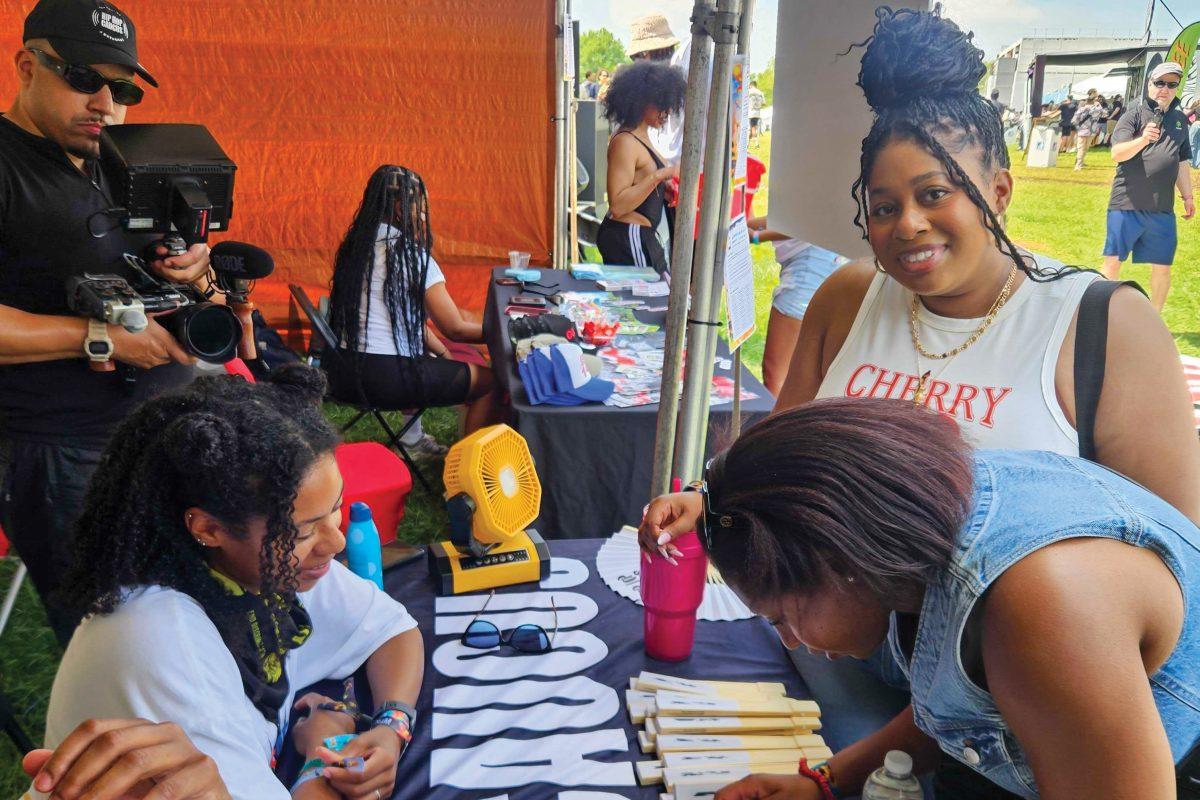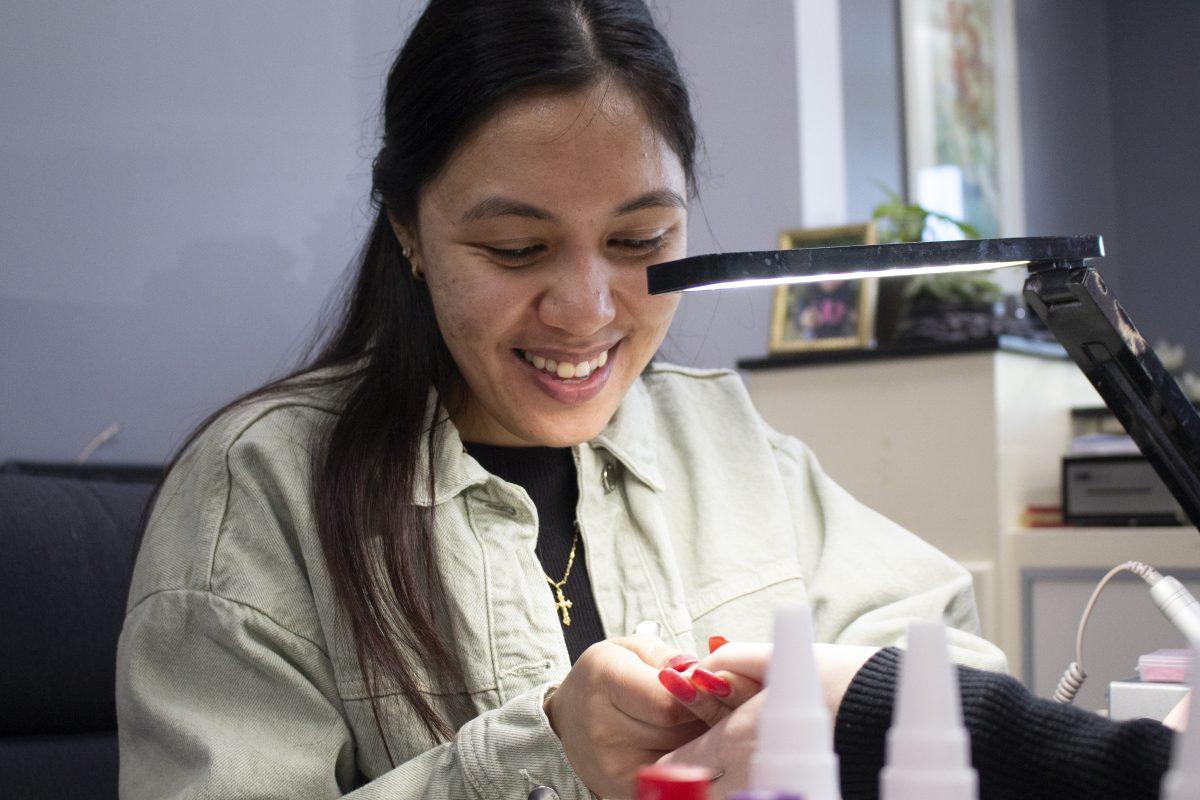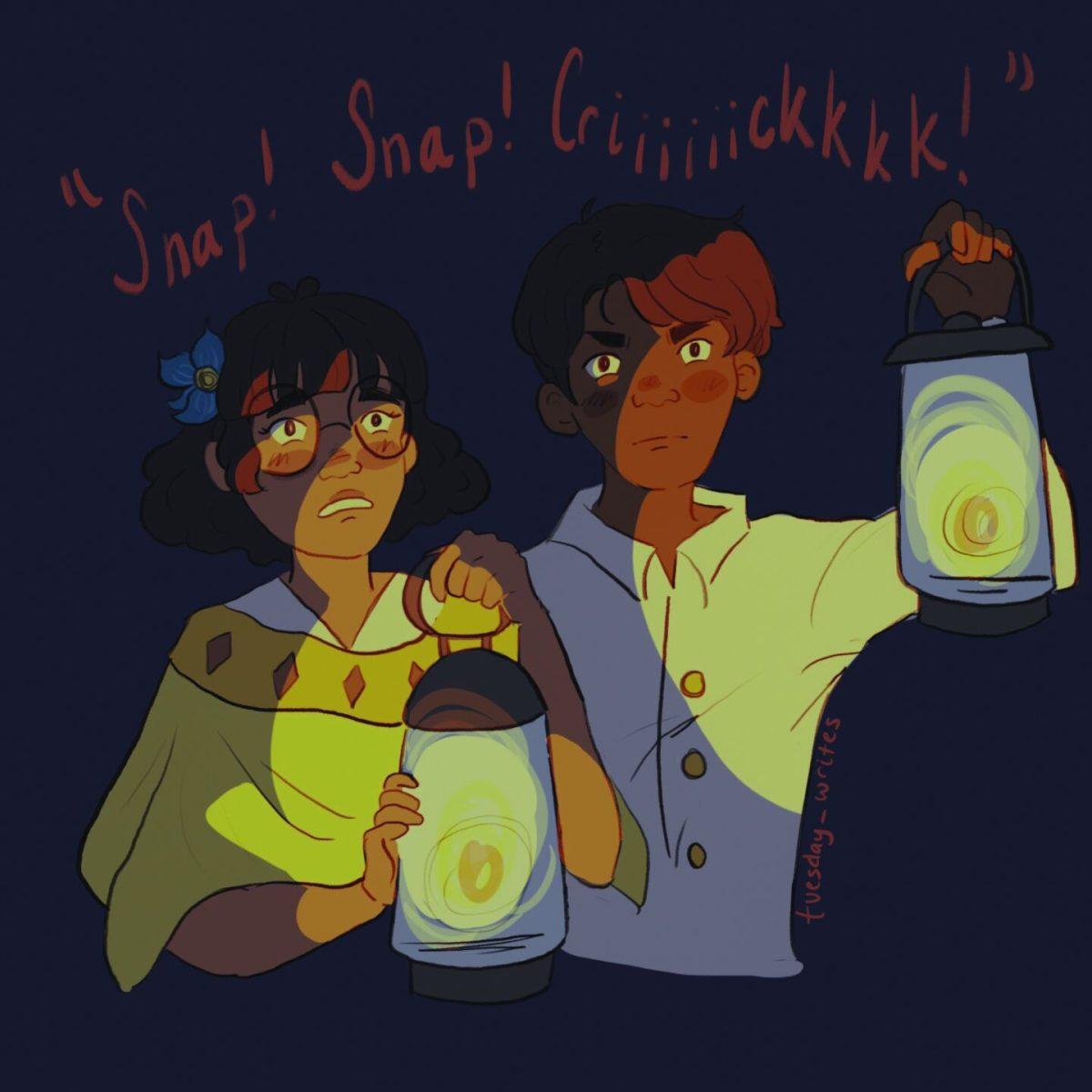Editor’s note: This article contains mentions of sexual assault.
For survivors of sexual violence, finding support and legal aid during the healing process can be tumultuous. Lux Resources seeks to fill this gap, providing survivors with advice on everything from navigating the criminal justice system to clear guidance on medical care and reporting.
Led by Catherine Carter, a second-year studying political science, and Emma Grace Barnes, a second-year studying neurobiology, the idea for Lux Resources was brainstormed in January 2021, after the two observed several factors preventing survivors of sexual violence from speaking out.
Sexual violence is an incredibly taboo subject, with many placing shame on the survivor rather than the abuser and creating stigma. Societal pressure to stay quiet coupled with a lack of resources means incidents of sexual violence frequently go unreported.
“If you go to the police, they might not be trained on how to help you in your specific situation — places like Legal Aid, which is a federal organization, are incredibly backed up,” Carter said. “If you look at North Carolina, specifically places like the Department of Justice that test rape kits, they are backed up, and your rape kit might not be tested for your trial until years after the assault happens.”
In addition to stigma, cost is also a huge reason many survivors fail to go forward with the legal system especially in under-resourced communities, regardless of demographic or socioeconomic level.
“One of the things that we realized is just streamlining that process… but also being able to provide lawyers at a reduced cost, or even free for the survivors so that they don’t have to worry about being able to pay for help that they should be entitled to, to be able to actually get the justice they deserve,” Barnes said.
In preparation for Lux Resources’ launch and incorporation as a 501(c)(3) nonprofit in August 2021, the duo reached out to a diverse group for assistance in compiling resources and finding answers to commonly-asked questions, including lawyers, nonprofit leaders and past survivors of sexual violence.
“Being as young as we are and going through this process for the first time and then being students on top of that has definitely been time consuming, but we are really passionate about it,” Carter said. “It’s something that we felt like we needed to do. It’s still a really new business, we’re less than a year old. But we’re really excited about what we’re doing.”
In the next year, the pair intend on revamping the Lux Resources’ website by adding more inclusive services for all identities. Additionally, a pop-up will be held on campus this spring in the hopes of raising both monetary funds and student awareness.
They have also looked into collaborating with non-profit organizations like Interact and Our Wave to increase awareness in the Triangle area. In addition to expanding their services and collaborations, Carter and Barnes want to connect survivors with on-call aid from local professionals.
“The overall goal is to be able to actually provide people aid and/or advocates or lawyers for survivors to talk to figure out the best way for them to go about their situation, whether that’s pressing charges or something different,” Barnes said. “We just want to make sure that we have those people in the legal system available for their use whenever they need.”
To learn more about Lux Resources, check out its Instagram or sign up for its monthly newsletter.
If you or someone you know is experiencing relationship violence, sexual violence, stalking or any other form of interpersonal violence and are in need of advocacy services, the NC State Women’s Center has trained advocates available to offer crisis intervention, emotional support, resources and referrals. Students can contact the 24/7 Sexual Assault Helpline at 919-515-4444 or email ncsuadvocate@ncsu.edu to schedule an appointment with an advocate.
Advocacy services through the NC State Women’s Center are available for all students inclusive of all gender identities and sexual orientations.
For more information on advocacy services, please visit go.ncsu.edu/supportsurvivors. If you would like to talk to a confidential resource, you can also connect with the NC State Counseling Center at 919-515-2423. You may also visit go.ncsu.edu/safe for additional information on resources and reporting options.














